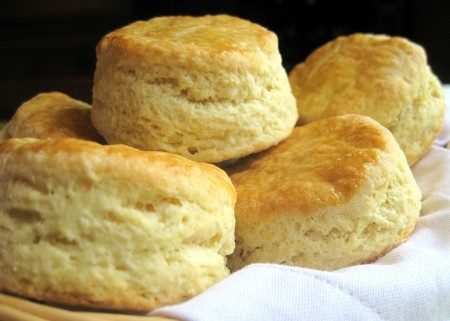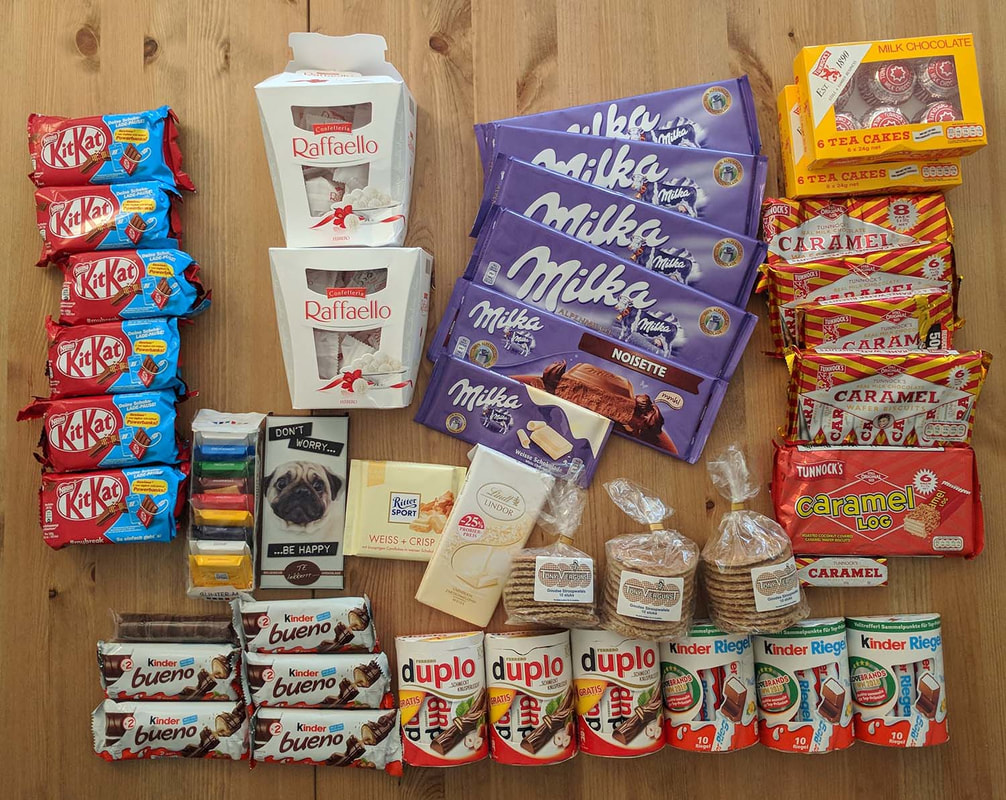Sometimes I have to concentrate harder to remember or swap words or grammar, both when listening and speaking, just as I used to have to in the UK. It took a couple years to stop getting confused and confusing people in the UK, and I have had to restart the process here.
Just this week I asked someone "how did you find X"?
Them: "Where did I find it?"
Me: "No, how do you LIKE it."
This sequence happened TWICE in the same conversation with the same person. Apparently I need to learn.
I have friends in the US who happen to have lived in both the US and UK and are aware I use weird Australian definitions for words, and know not to accept at face value my usage of words like "cookie", "cracker", "biscuit" and "yes honey, I promise."
Just this week I asked someone "how did you find X"?
Them: "Where did I find it?"
Me: "No, how do you LIKE it."
This sequence happened TWICE in the same conversation with the same person. Apparently I need to learn.
I have friends in the US who happen to have lived in both the US and UK and are aware I use weird Australian definitions for words, and know not to accept at face value my usage of words like "cookie", "cracker", "biscuit" and "yes honey, I promise."
I should add to this list the Australian definition of "chips" meaning both "fries" and "crisps", "pants" meaning "trousers" and not "underpants" as it does in the UK, "spunk" meaning "semen" and not "vigor", as Coke's Dasani brand found out when they disastrously launched in the UK, and fanny = vagina and not butt. That's why we call them "bum-bags", not "fanny-packs."
There're also definitions of leaving the toilet seat down, doing the dishes and making the bed. This has lead to a lot of frustration for other people, when really it's allllll miscommunication.
What truly astounds me is how massive the list is, how different Australian English is from both British and American English in different ways, and how often I confuse people or have to ask for clarification on simple things. Good thing I clearly have a foreign accent, otherwise people would think I'm stupid.
I've since discussed this with fellow Aussies who have told me they encounter the same thing. One friend said...
What truly astounds me is how massive the list is, how different Australian English is from both British and American English in different ways, and how often I confuse people or have to ask for clarification on simple things. Good thing I clearly have a foreign accent, otherwise people would think I'm stupid.
I've since discussed this with fellow Aussies who have told me they encounter the same thing. One friend said...
"The one that got me when I first moved to England was "you right” (short for are you alright) which means hello. The first time this was said to me I thought that I was looking particularly pale / had some other visible distress that I wasn't aware of!"
Another Aussie in Scotland said
"In the UK when people asked me if I was alright, I would answer with how I was doing because I thought they wanted to know."
And a friend who runs a small business in Australia said
In my business, I want to know what marketing we're doing brings in the most work, so I ask new clients what lead them to us. In the beginning, I used to ask, "How did you find us?" but most times they'd respond with something like, "Pretty good" or "Yeah, I'd definitely recommend you." :D
Now I ask them, "Where did you find us?" and there's no longer any ambiguity.
This reminds me of when I MC events, during the warm-up I ask:
By show of hands, who found out about us through:
Facebook..?
Meetup..?
Email newsletter..?
Apparition in the middle of the night..? Did I personally appear to you in a dream..?
And on that note, if you could post in the comments how you found this blog, both how you like it, and how you came about it, that would be much appreciated.




 RSS Feed
RSS Feed